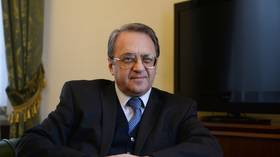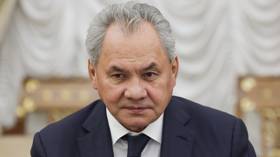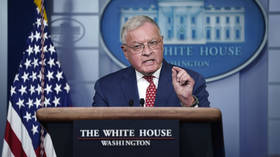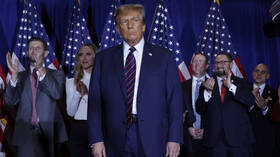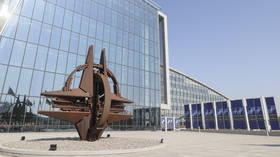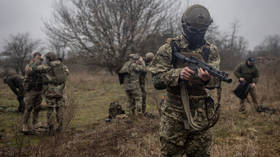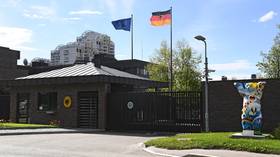BRICS not about dividing the world – Lavrov
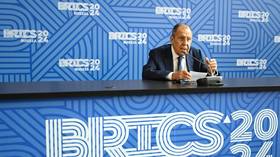
The BRICS group of countries does not aim to divide the world, but instead advocates for a new global order based on sovereign equality among nations, Russian Foreign Minister Sergey Lavrov has said.
In an interview with journalist Marina Kim for the ‘New World’ project published on Thursday, Lavrov emphasized that “BRICS is about the world order founded on the main principle of the UN Charter – sovereign equality of states.”
This statement highlights BRICS’ distinct approach compared to Western-dominated institutions such as the G7, Lavrov said.
The diplomat was asked whether the recent BRICS summit in the Russian city of Kazan could be likened to historic events such as the Tehran or Yalta conferences. Lavrov responded that while past meetings were characterized by territorial divisions, BRICS aims to empower nations to live based on their own civilizational values, without external interference in trade practices or resource management.
“BRICS is not at all planning to divide the world. It is an association of countries that want to live on the lands given to them by God and their predecessors according to the traditions of their great civilizations, including China, India, Iran, Russia, and many other states,” Lavrov noted. “They wish for no one to dictate how they should trade or prohibit them from processing natural resources, as is happening in Africa.”
Lavrov criticized restrictions imposed by the West, noting that over half of the world’s countries are currently under some form of sanctions, albeit not as severe as those targeting Russia, North Korea, Iran, and Venezuela. Multiple states are realizing the unreliability of the mechanisms proposed by the West, the Russian foreign minister explained. “Western countries are abusing them harshly. No one wants to be the next. No one knows who in Washington will wake up tomorrow on the wrong side of the bed, who they will take a dislike to, and with whom they will start speaking ‘the language of dictation’,” Lavrov said.
The 16th BRICS annual summit, held in October in Kazan, was significant as it marked the first gathering since the group expanded to include Egypt, Iran, Ethiopia, and the UAE. Delegations from 35 countries participated, reflecting BRICS’ growing appeal. In addition, more than 30 nations, including NATO member Türkiye, have expressed interest in joining the group.
